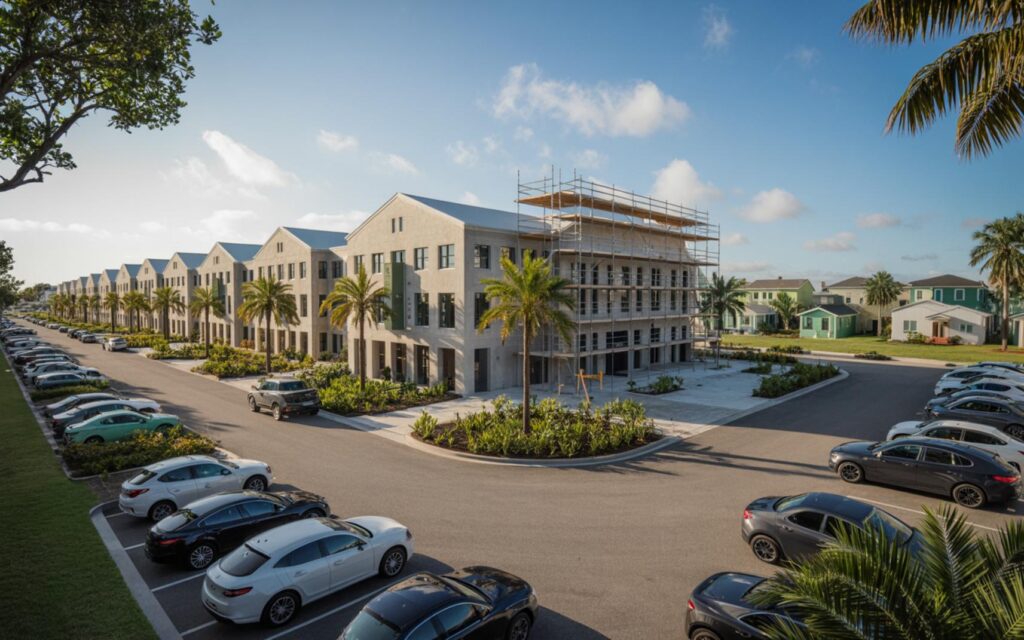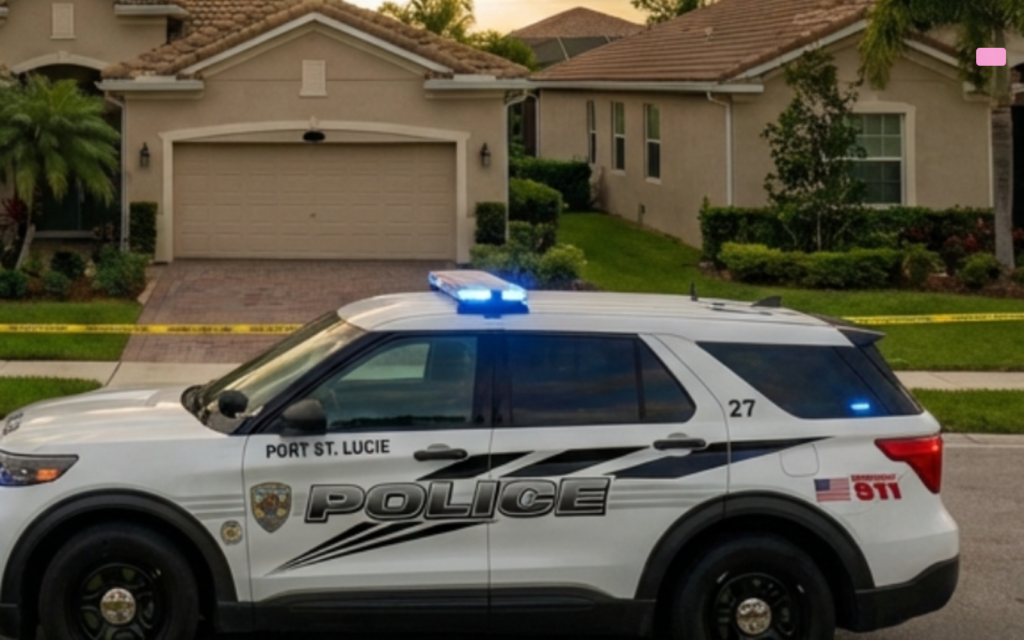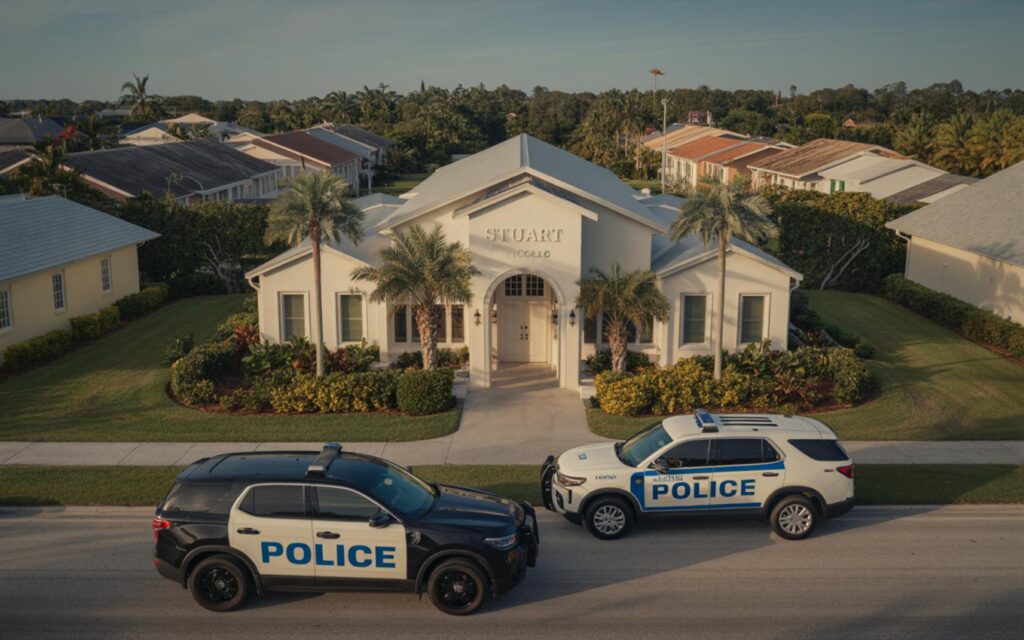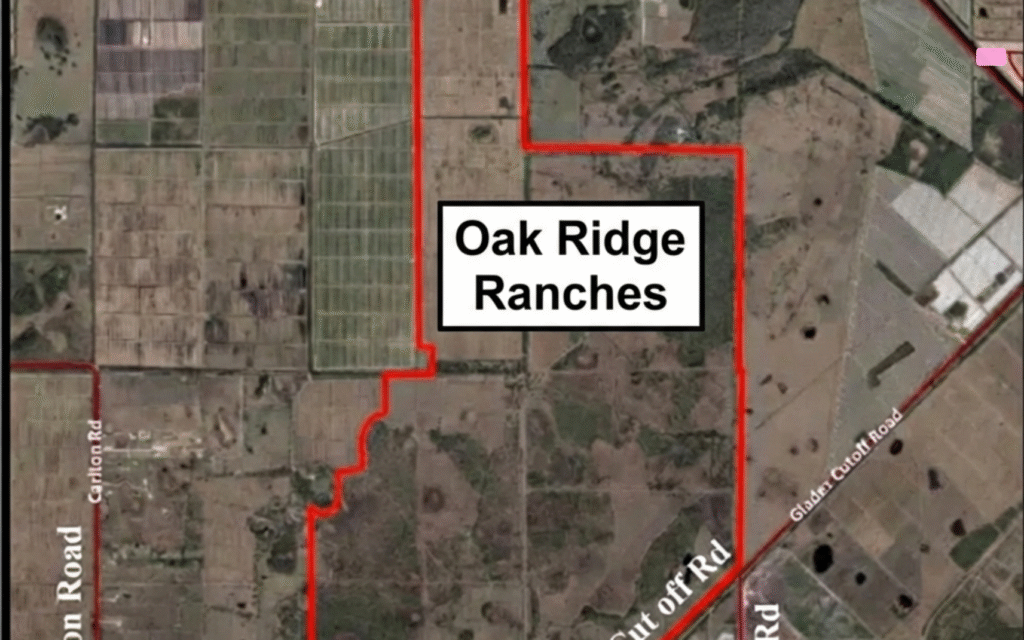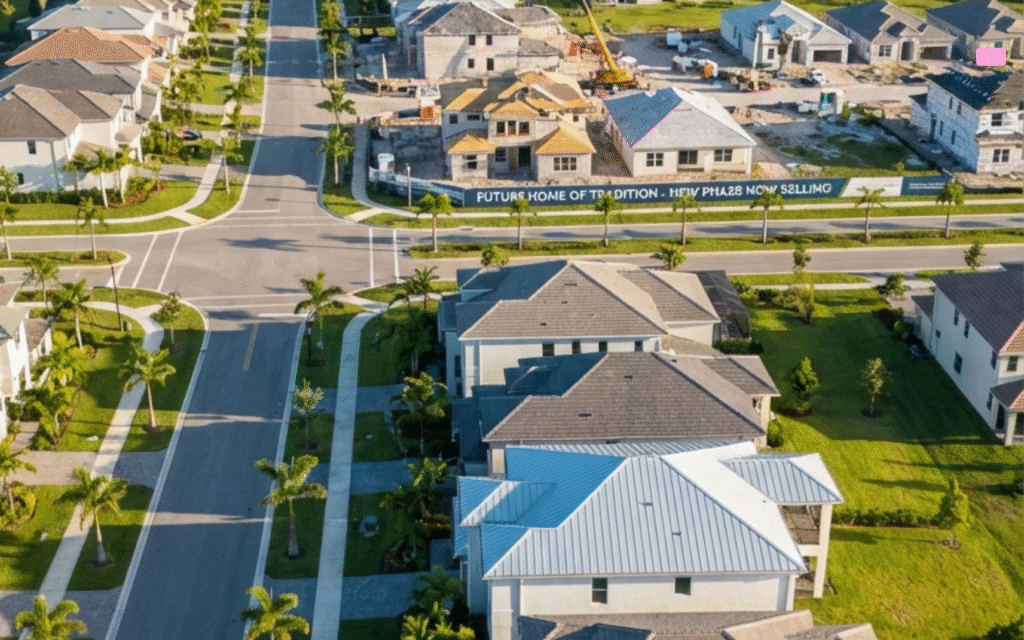Property insurance companies in Florida are experiencing significant profits in 2025, raising questions among policyholders about potential refunds or premium reductions. As insurers report strong financial results, many Floridians are asking whether these gains will benefit customers or remain with the companies.
Property Insurance Companies in Florida: Recent Financial Performance
Over the past year, property insurance companies in Florida have shown improved financial stability. After several years of losses and rising premiums, recent reports indicate that many insurers are now thriving. This turnaround is attributed to fewer major storms, regulatory changes, and increased premiums collected from homeowners. Notably, the high ranking of Port St. Lucie for safety could also play a role in potentially lowering property insurance rates for local residents.
According to industry analysts, the improved bottom lines are a sharp contrast to the financial challenges faced in previous years. Insurers have cited lower claims costs and higher investment income as key factors supporting their profitability.
Are Floridians Owed a Refund on Property Insurance?
The question of whether Floridians are owed a refund from property insurance companies has become a topic of public debate. Consumers have seen their premiums rise sharply in recent years, often due to hurricane risks and litigation costs. Now, as insurers report profits, policyholders are asking if they will see any benefit.
Currently, there are no state requirements for insurance companies to issue refunds when profits are high. Regulators typically focus on ensuring companies remain solvent and able to pay claims, rather than redistributing excess profits to customers.
Premium Increases and Customer Concerns
Many Florida homeowners have faced double-digit increases in property insurance premiums since 2020. While these hikes were initially justified by storm losses and reinsurance costs, the recent financial success of insurers has led to calls for relief. In response to these concerns, some companies, such as Florida Peninsula Insurance, have proposed historic rate cuts for homeowners, signaling possible relief for policyholders.
Consumer advocates argue that if companies can afford to pay dividends to shareholders, they should also consider returning some money to policyholders. However, industry representatives note that profits can fluctuate year to year and that reserves are needed for future disasters.
Regulatory Oversight of Property Insurance in Florida
The Florida Office of Insurance Regulation (OIR) oversees the financial health of property insurance companies. The OIR reviews rate filings and can require companies to lower premiums if they are deemed excessive or not justified by risk.
In 2025, the OIR has acknowledged the improved financial position of many insurers but has not mandated refunds or widespread rate reductions. Officials state that they continue to monitor the market and will act if evidence shows consumers are being overcharged.
Legislative Proposals and Industry Response
Some lawmakers have proposed measures that would require property insurance companies to share profits with policyholders during strong financial years. These proposals have not advanced in the Florida Legislature, facing opposition from industry groups who warn that forced refunds could weaken insurer reserves.
Insurance companies maintain that maintaining robust reserves is essential to withstand future hurricanes and catastrophic events. They argue that short-term profits do not guarantee long-term stability in a state with high weather risks.
How Property Insurance Premiums Are Set in Florida
Property insurance premiums in Florida are determined by several factors, including:
- Risk of hurricanes and severe weather
- Cost of reinsurance (insurance for insurers)
- Litigation expenses related to claims
- Property values and construction costs
Insurers submit proposed rates to the OIR, which reviews them for fairness and adequacy. Policyholders can appeal rate increases, but the process can be complex and time-consuming.
Recent Trends in Claims and Losses
Florida has seen fewer major hurricanes in the past two years, leading to a drop in insured losses. This has contributed to the improved financial health of property insurance companies. However, experts caution that the risk of future storms remains high.
Some insurers have also reduced their exposure in high-risk areas, limiting new policies or increasing deductibles. These actions can further impact premiums and availability for homeowners.
What Homeowners in Port St. Lucie Should Know
Port St. Lucie residents have been affected by the statewide trends in property insurance. Many homeowners in the area have seen their premiums rise, even as insurers report better financial results. For those concerned about property taxes and insurance costs, it’s helpful to understand the key facts about St. Lucie County property taxes and how they intersect with insurance expenses. Local officials and consumer groups continue to monitor the situation and advocate for fair treatment of policyholders.
Homeowners are encouraged to review their policies, compare options, and contact their insurance agents with questions about rates and coverage. Staying informed about market trends can help consumers make the best decisions for their property and finances.
Frequently Asked Questions About Property Insurance Companies in Florida
What is causing property insurance companies in Florida to be more profitable?
Property insurance companies in Florida are seeing higher profits due to fewer large storms, increased premiums, and lower claims costs. Regulatory changes and improved investment income have also contributed to their financial strength.
How much have property insurance premiums increased in Port St. Lucie?
Many homeowners in Port St. Lucie have experienced double-digit premium increases in recent years. The exact amount varies by property type, location, and insurer.
Are there any laws requiring property insurance companies to issue refunds in Florida?
Currently, there are no Florida laws that require property insurance companies to issue refunds when they have strong profits. Regulators focus on solvency and fair rates, not mandatory refunds.
Can you appeal a property insurance premium increase in Florida?
Yes, policyholders can appeal premium increases by contacting their insurer or the Florida Office of Insurance Regulation. The process can take time and may require documentation.
Where are property insurance rates highest in Florida?
Property insurance rates tend to be highest in coastal areas and regions with greater hurricane risk, including parts of South Florida and the Treasure Coast. St. Lucie County homeowners may face higher rates than inland communities.
Port St Lucie Talks




